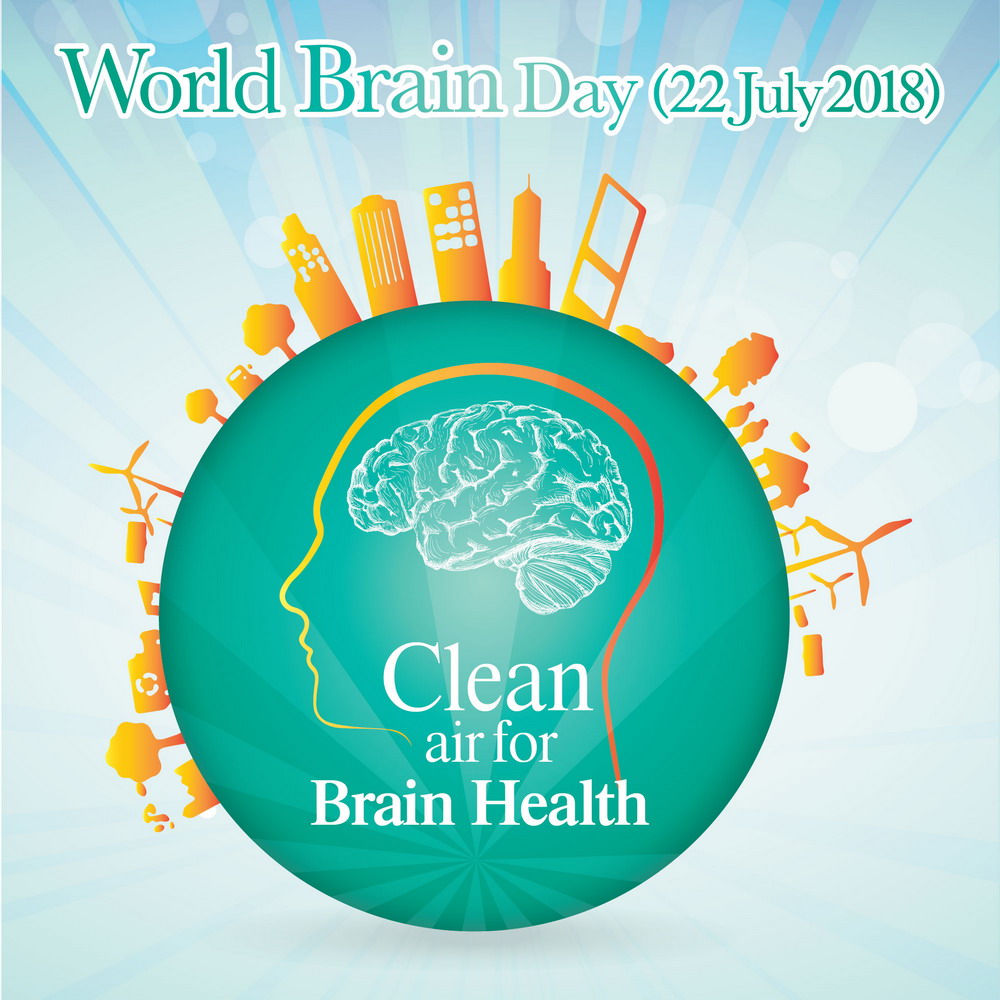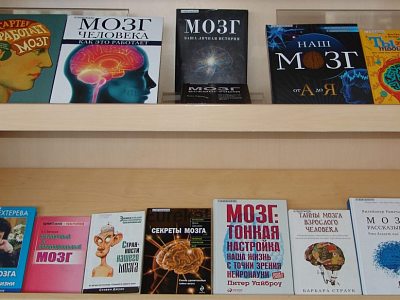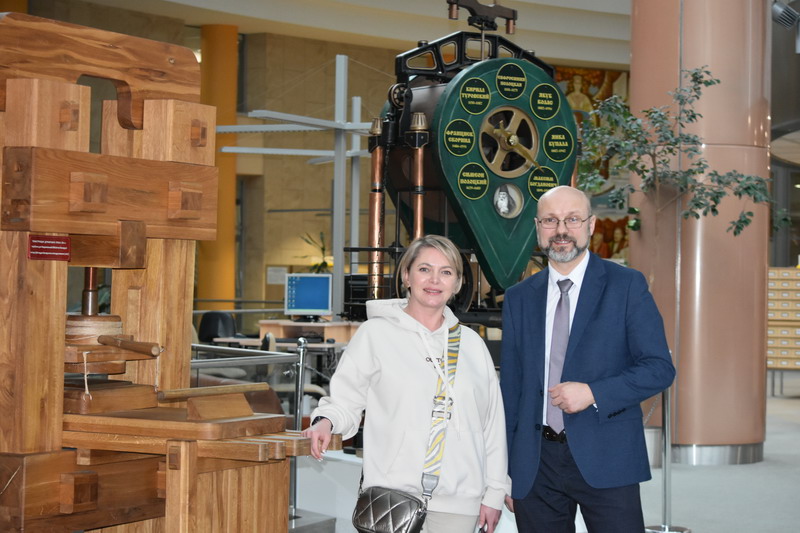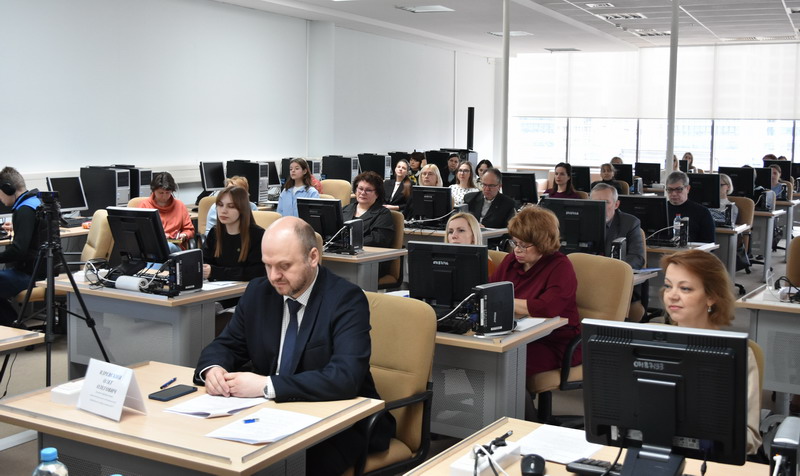“The Mysteries of the Human Brain“, a thematic exhibition timed to the World Brain Day, runs in the documents of international organizations room (2nd floor, room 207g), from July 12 to September 3.
This Day was established by the World Federation of Nevrology in 2014 and is observed annually on July 22. This date is timed to establishment of the World Federation of Neurology (Brussels, 1957). At present 120 professional associations of neurologists in all religions of the world are its members.
Neurology is a branch of medicine dealing with diseases of the central and peripheral nervous system, including the brain, the central organ of the central nervous system. The brain is the most important and complex organ of a person. It consists of millions of axons, the total length of which is four times the circumference of the Earth. The human brain contains about 8 billion neurons. Almost 10 trillion ligaments between them give us the opportunity to move, look, read, write, think, feel, etc. Despite the fact that in recent years the study of the brain has been advanced considerably, very many aspects of its functioning are still a mystery to scientists.
A healthy brain provides a full-fledged human life, the opportunity to exist in society and work.
According to World Health Organization’s statistics, neurological diseases are among the most common causes of deaths worldwide: lethality is 85% of the total number of recorded deaths.
The main goal of the World Brain Day is to raise awareness of the importance of brain health and the most common diseases of the brain and nervous system.
Every year, the World Federation of Neurology selects a new theme for the World Brain Day. The theme of the Day 2018 is "Clean Air for a Healthy Brain". This is very relevant, because according to WHO, contaminated air causes 12 million premature deaths per year worldwide.
Today, pollution is the number one problem. Scientists have found that the poor state of the air has a harmful effect on the brain of all age groups of people. The prolonged exposure to contaminated air adversely affects the development of human mental abilities, damaging the structure of the brain and accelerating the aging process of this organ. A study conducted by scientists at Harvard University showed that exposure to air contaminated with aerosol impurities increases the risk of developing depressive conditions. People living near motorways with heavy air contamination are characterized by more frequent problems with the state of the brain, having a higher risk of stroke.
Diseases related to cerebral circulation disorder are increasing throughout the world. Therefore, a care for the health of the brain must begin with the earliest stages of human development and continue throughout life.
The offered exhibition presents over а выставке представлено более 40 documents: books, brochures and periodicals in the Russian and English languages.
The exposition consists of the sections as follow:
- The human brain: anatomy, structure and functions.
- The mysterious and paradoxical brain: the mysteries of the human brain
- A healthy brain: brain training and memory strengthening
- Clean air for human health.
The exhibition is designed for medical officers and health professionals, researchers, university teachers and students, and everyone who is interested in t issues of the health of the brain and healthy lifestyle.
Useful links
- World Federation of Neurology (WFN)
- International Brain Research Organisation (IBRO)
- World Psychiatric Association (WPA)
- World Federation of Neurosurgical Societies (WFNS)
- International Child Neurology Association (ICNA)
- World Federation for NeuroRehabilitation (WFNR)
- World Brain Day 2018
- American Academy of Neurology (AAN)
- European Academy of Neurology (EAN)
- European Federation of Neurological Associations (EFNA)
- World Health Organization (WHO)
The opening hours of the exhibition correspond to the opening hours of the documents of international organizations room.
Entrance to the exhibition is available by the library ticket or ticket of the library's social and cultural center.
For more info: (+375 17) 293 27 34.
















